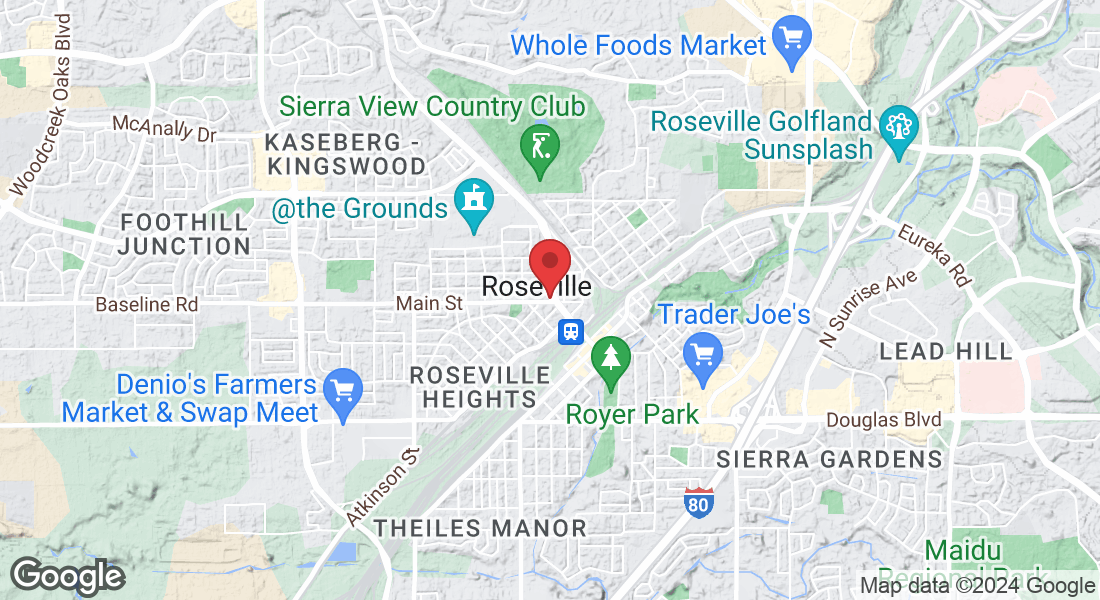Tax-Advantaged Retirement Strategies Using Cash Value Life Insurance
Life Insurance is the Safest Place to Put your money!
Life Insurance is the safest way to protect your family!
Why hasn't your advisor told you about this?
Here is What Life Insurance Does for You:
1) Guaranteed Tax-Free Growth
2) No Market Losses
3) No Market Risk
4) Tax-Free Dividends
5) Immediate Family Income Plan (D.B.)
6) Ease of Distribution (No fees or Penalties)
7) No R.M.D.'s
8) Contingencies in the event of Death, Disability or sickness
9) Access to death benefit for Elderly Care or Critical Illness
10) Flexibility and Liquidity

Banks Don't Want you to Know how Life Insurance Works!
Since 2001, there were 564 bank failures.
Banks have unstable foundations.
Since 1850, there have been NO life insurance failures.
Life Insurance is the Safest Place to Protect your Money.
Banks Do Not Have 401(k)'s as investment assets.
Companies Who Own Life Insurance
Bank of America * Pfizer * Disney
US Bank * Prudential Insurance * Amway
General Electric * Office Depot * PG&E
Nestle * Starbucks * CVS * Verizon
Johnson & Jonson * Comcast
Wells Fargo Bank And more...
Why do Companies Own Life Insurance?
Because, it is the safest available asset money can buy.
Life Insurance is used as Tier1 Assets for Banks
Life Insurance allows companies to provide executive bonuses
Corporations' own life Insurance to secure their assets and add liquidity to their financials.
You do not have to own a business to own life insurance!
The 401(k) Myth
Many people don't realize that the 401(k) is an outdated retirement saving account. The 401(k) is taxed at a later date when taxes are likely to be much higher than today's historically low-income taxes.
The 401(k) is not a bad idea as long as you contribute enough for your employer to make their contributions (employer match). However, if you have too much saved when you retire, you could be forced into another tax bracket in later years.
Life insurance does not have losses and provides more living benefits than a 401(k) and
Less IRS restrictions.
However, not everyone qualifies for life insurance so, see if you qualify today.
How Does It Work?
Our team will walk you through every step of the process.
Our process includes:
1) Talk with a licensed representative
2) Watch the pre-call video
3) Application and med-screening
FAQS
I'm too young, I don't need life insurance.
The best time to get life insurance is when you are young and healthy. This can allow you to save millions of dollars in future taxes and save more than if you contributed to a 401k.
Hardwood flooring offers numerous advantages that make it a popular choice. Firstly, it's known for its timeless beauty and versatility, complementing a wide range of interior designs. Hardwood is also incredibly durable, often lasting for generations with proper care. Unlike carpet, it doesn't trap allergens and is easy to clean. Additionally, hardwood can add value to your home. While it may require a higher initial investment, it can pay off in the long run by increasing the resale value of your property.
I'll wait until I get married or have children.
Health is always uncertain. Not everyone qualifies for life insurance. It is always better to get your life insurance while you are young and healthy.
Proper maintenance is essential to extend the life of your flooring. For hardwood and laminate, regularly sweep or vacuum to remove dirt and debris. Use a damp mop for cleaning but avoid excessive water, which can damage wood. For carpet, vacuum frequently and consider professional deep cleaning periodically. Avoid dragging heavy furniture and use protective pads. Also, place rugs in high-traffic areas to minimize wear. Finally, follow the manufacturer's care guidelines for your specific flooring type to ensure longevity.
I buy gold and silver.
Gold and silver are great but, they do not provide all the tax free benefits to you and your family.
Whole Life Insurance Is a Scam.
Compared to what? Well, life insurance is the best place you can put your money. It is also the oldest most secure and proven product in existence.
I Have Life Insurance.
Many people don't realize whole life insurance (Permanent) is the first kind of life insurance and the oldest type of life insurance.
Term life insurance (Temporary) is new and the most expensive life insurance you can buy.
Hardwood flooring offers numerous advantages that make it a popular choice. Firstly, it's known for its timeless beauty and versatility, complementing a wide range of interior designs. Hardwood is also incredibly durable, often lasting for generations with proper care. Unlike carpet, it doesn't trap allergens and is easy to clean. Additionally, hardwood can add value to your home. While it may require a higher initial investment, it can pay off in the long run by increasing the resale value of your property.
I'll wait until I get married or have children.
Health is always uncertain. Not everyone qualifies for life insurance. It is always better to get your life insurance while you are young and healthy.
Proper maintenance is essential to extend the life of your flooring. For hardwood and laminate, regularly sweep or vacuum to remove dirt and debris. Use a damp mop for cleaning but avoid excessive water, which can damage wood. For carpet, vacuum frequently and consider professional deep cleaning periodically. Avoid dragging heavy furniture and use protective pads. Also, place rugs in high-traffic areas to minimize wear. Finally, follow the manufacturer's care guidelines for your specific flooring type to ensure longevity.
I buy gold and silver.
Gold and silver are great but, they do not provide all the tax free benefits to you and your family.
I have life insurance at work.
Employer provided life insurance is great because it is often a free benefit. However, anything that is free is not usually the best. Employer provided life insurance is temporary and not transferable. You need to have your own personal policy to truly provide protection and tax-free growth.

